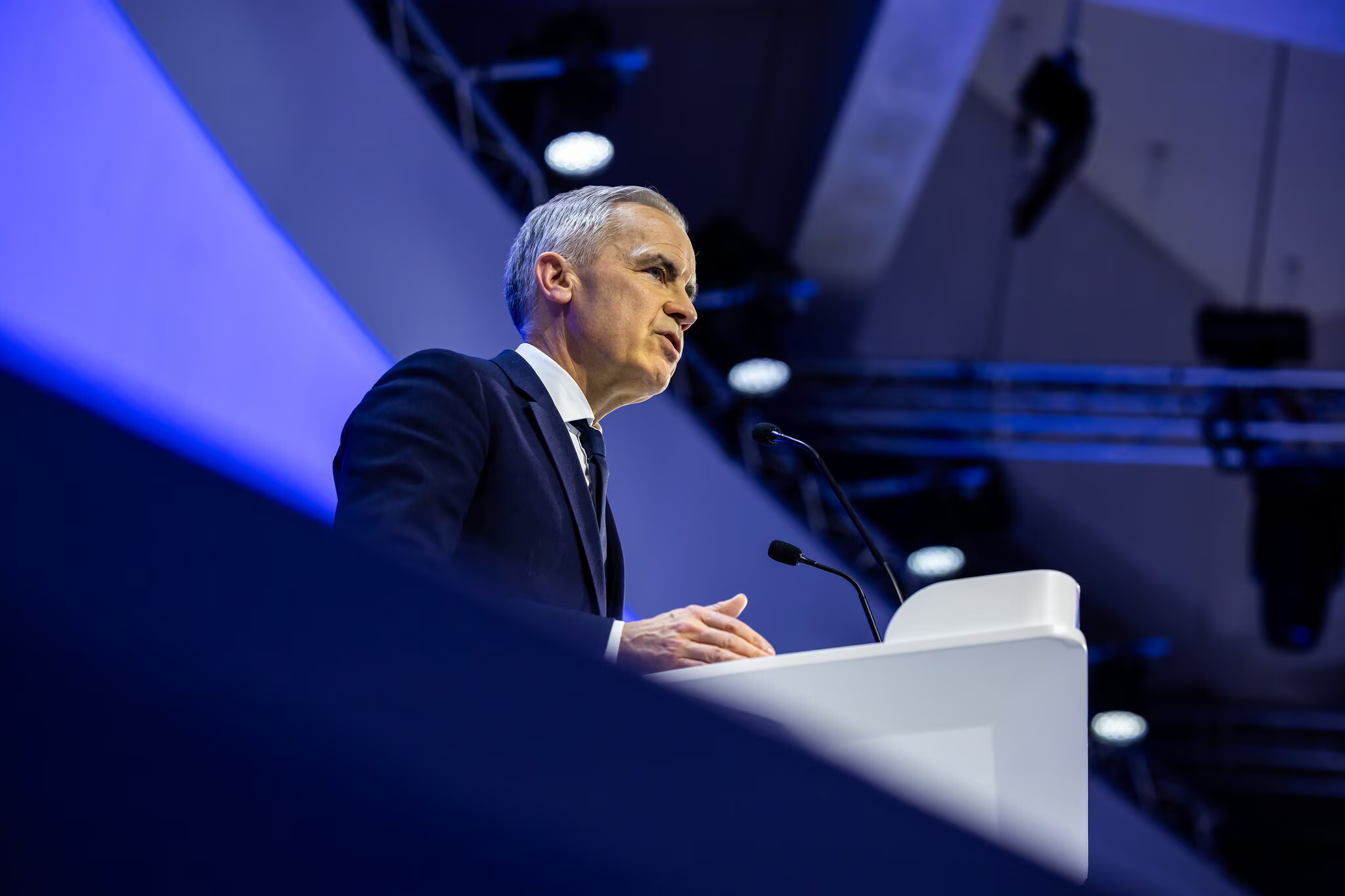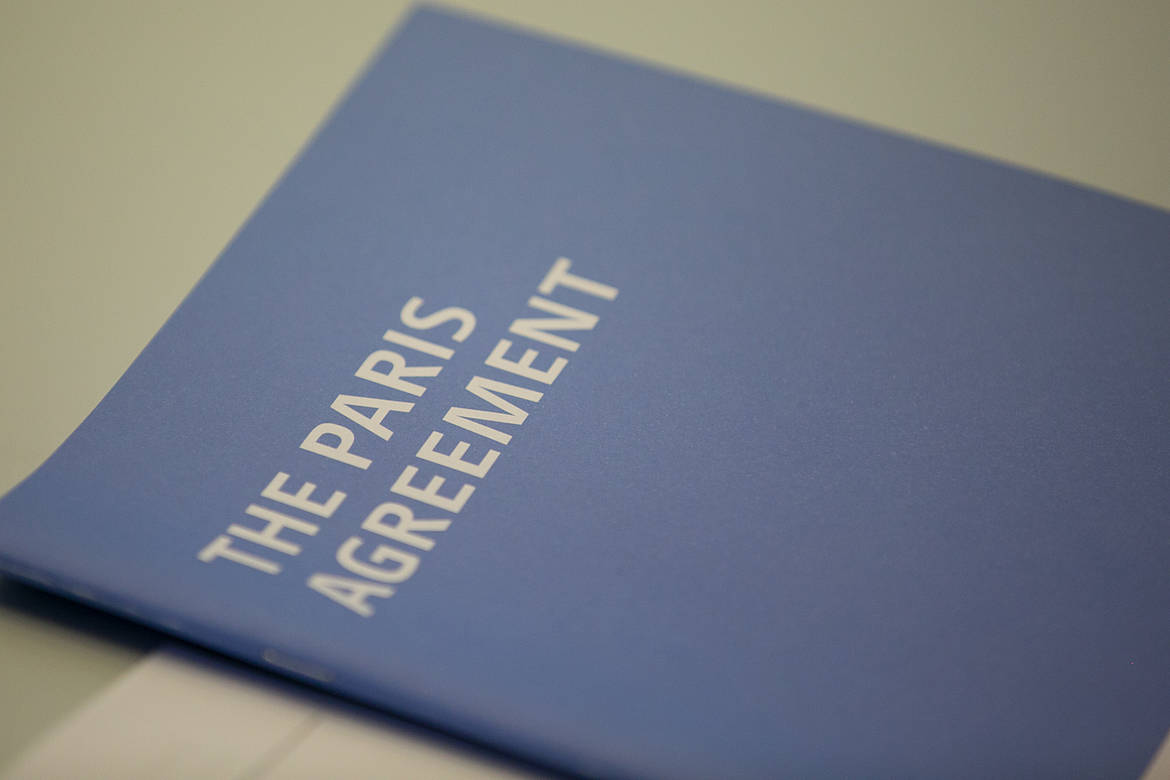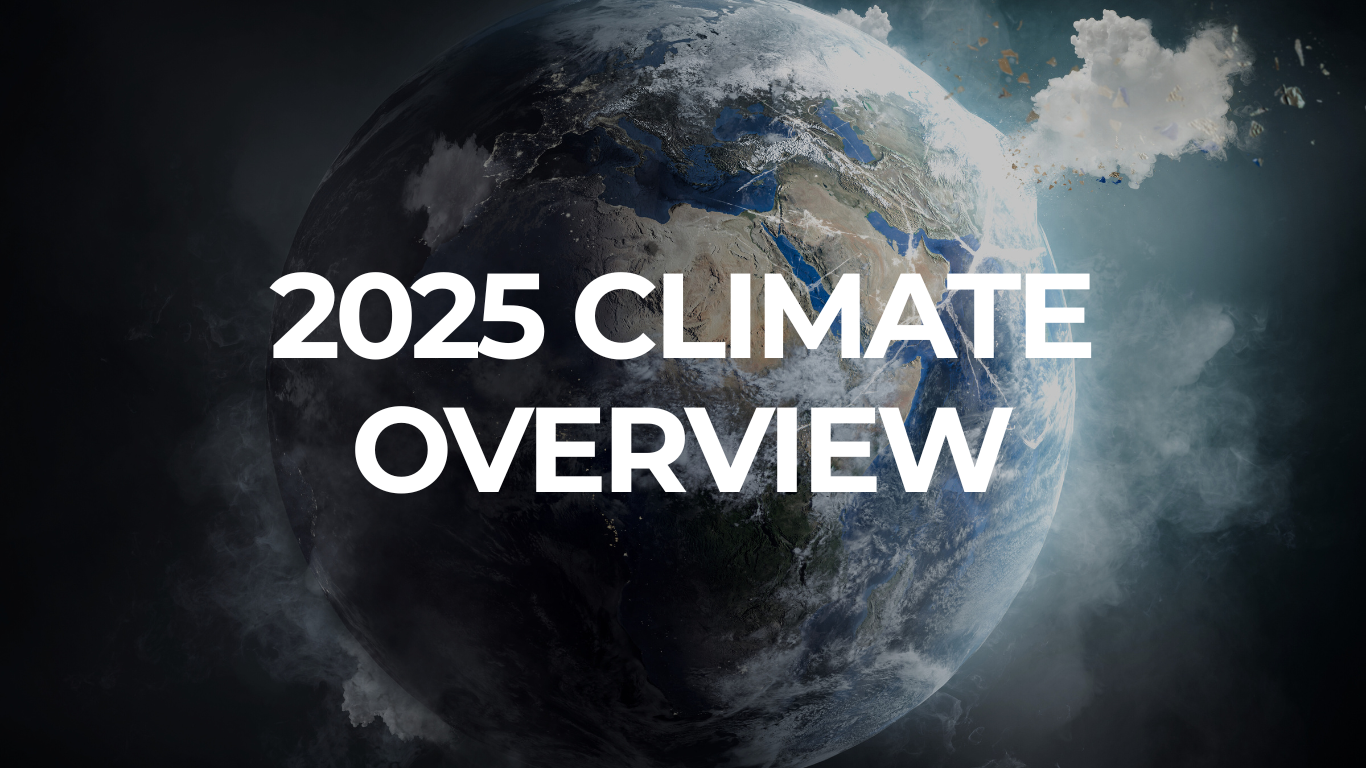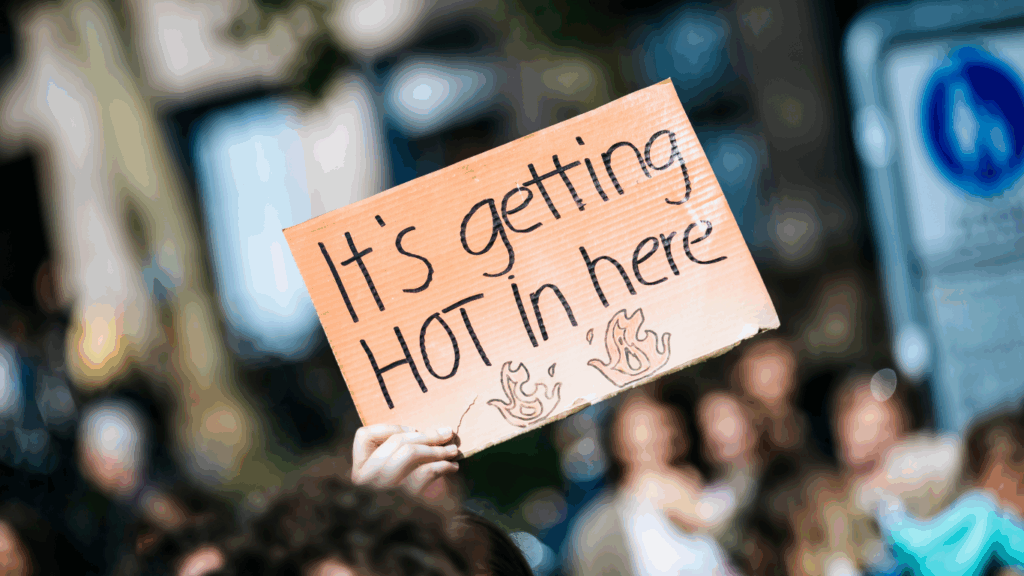New UN report warns of slow global climate progress
The UN has published its eagerly awaited Synthesis Report on Nationally Determined Contributions (NDCs), which warns of slow progress in climate action by states. According to the analysis, the climate plans submitted so far under the Paris Agreement would reduce emissions by only 10% by 2035 compared to 2019 levels, even though science indicates that a 60% reduction is needed to keep alive the goal of limiting the global average temperature increase to 1.5 °C by 2100, compared to pre-industrial levels.
In other words, the world is moving forward, but too slowly. With one week to go before the leaders’ summit ahead of the UN Climate Change Conference, COP30, in Belém, Brazil, on 6 and 7 November, this report marks a turning point: commitments must be improved and, above all, fulfilled.
What the NDC report reveals
The report analyses 64 climate plans submitted between January 2024 and September 2025, representing approximately 30% of global emissions (taking 2019 as a reference). The analysis shows that if these plans are fulfilled, emissions could begin to decline, but not as quickly as science demands.
Among the highlights of the report is that the vast majority of climate plans take a comprehensive approach: around 89% set reduction targets covering the entire economy, while 84% include all sectors defined by the IPCC. In addition, almost all countries (approximately 98%) are focusing their efforts on the energy sector, which, as we know, is the main source of greenhouse gas emissions.
Taken together, the 64 plans analysed project a 10% reduction in emissions by 2030 and a 17% reduction by 2035, compared to 2019 levels. If fully implemented, including the commitments that developing countries make conditional on receiving financial or technical support, the reduction could be between 19% and 24%. It should be noted that approximately two-thirds of the plans (67%) contain conditional elements that are dependent on international financing.
The report concludes that, although current commitments are compatible with limiting warming to 2 °C, this would only be possible if long-term climate neutrality promises are fulfilled.
The message is clear: although the plans point to a reduction in emissions, the pace and depth of the measures are still insufficient and, in this context, COP30 will be a decisive moment for countries to demonstrate whether they intend to close the ambition gap.
It should also be remembered that there is a degree of uncertainty in the analysis, as the report took into account the contribution presented by the United States at the end of 2025, before Donald Trump came to power and reversed climate policy, giving free rein to the exploitation of the country’s fossil resources.
An alarming context: historic CO₂ record
As countries prepare for COP30, the World Meteorological Organisation (WMO) has published a report confirming that carbon dioxide concentrations reached a historic high in 2024, at 422.7 parts per million (ppm), the highest level ever recorded in human history.
The WMO warns that the current concentration of CO₂ is ‘unprecedented in 800,000 years’ and that this accelerated increase is mainly due to the continued use of fossil fuels and massive forest fires.
These data show the urgency of taking action, as national policies are not yet aligned with the pace required by science to avoid irreversible impacts.
COP30: accelerating climate action and closing the emissions gap
Thanks to the Paris Agreement, the world has improved its prospects in the face of climate change, as without the agreement and successive climate plans we would be on track for an average temperature increase of 4 °C by 2100. Today, with the plans on the table, we are looking at an increase of around 2.6 °C, which is less bad but still insufficient.
The gap between what has been committed to in the NDCs and what science demands remains enormous. COP30 (10-21 November) will be decisive in transforming commitments into real action. Countries will need to present more ambitious plans, clear monitoring mechanisms and financing strategies to accelerate the transition to clean energy and effective climate solutions.
If you would like to receive news, exclusive analysis and communication techniques, subscribe to our newsletter. In the meantime, check out our news section and follow us on LinkedIn.




